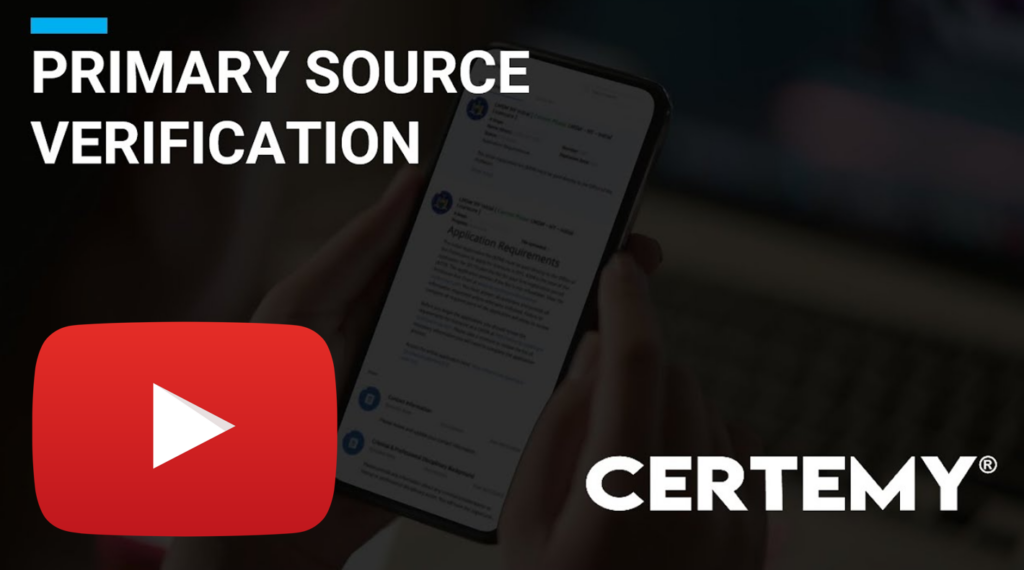
License Verification Tool | Elevator Mechanic
Elevator mechanics are responsible for performing maintenance, repairs, and upgrades to ensure the safety and reliability of both commercial and residential elevators. Due to the serious nature of their job duties, it is critical that elevator mechanics obtain proper licensing and certification. This ensures that they have the skills and knowledge needed to work safely and efficiently.
For state and local governments, having the ability to easily perform license verification for elevator mechanics is critical to public safety. That is why it is important to understand the requirements for verifying elevator mechanics and the process of verifying their licensure. This article will provide a comprehensive overview of elevator mechanics licensing, along with information on primary source verification and the value of using a specialized system for license verification. Elevator Mechanic License RequirementsIn order to become an elevator mechanic, individuals will typically need to meet a set of requirements for licensing and certification. This can vary based on the local jurisdiction and the type of work they will be doing. A few common elements, however, that are often required of any elevator mechanic include: Proof of appropriate certifications and training Completed standards testing Proof of necessary skill sets and experience Demonstrated knowledge of local laws and regulations Proof of background checksThe specific requirements for elevator mechanic licensing will depend on the local jurisdiction. The requirements may also vary between residential and commercial elevator mechanics. Primary Source VerificationIn addition to meeting the local requirements for licensing, it is also important to ensure that the elevator mechanic is properly qualified. This can involve some level of primary source verification. This process involves verifying that the information provided by the individual is accurate and that they do have the proper certifications and qualifications. This involves validating the information provided when the individual applies for the license or certification, along with ongoing verification to make sure that information is kept up to date. Primary source verification is often performed by the state or local government that is issuing the license. This involves conducting a thorough background check, verifying any certifications or qualifications that are required, and ensuring that all local laws and regulations are being followed. Online verification systems can be used to make this process easier and more efficient. The Value of Automated License Verification SystemsFor organizations that are looking to hire an elevator mechanic, it is important to ensure that all of their licenses and certifications are valid. Automated license verification systems can help make this process simpler and more efficient. Such systems use primary source verification to confirm that the individual is properly qualified and that their licenses are active and up to date. In addition to validating individual elevator mechanics, automated license verification systems can also be used to verify the qualifications of an entire organization. This can provide peace of mind and ensure that the organization is following all of the necessary regulations and laws. Additionally, it can help avoid any delays or disruptions due to expired licenses or investigations into developing employee misconduct.Topics:

